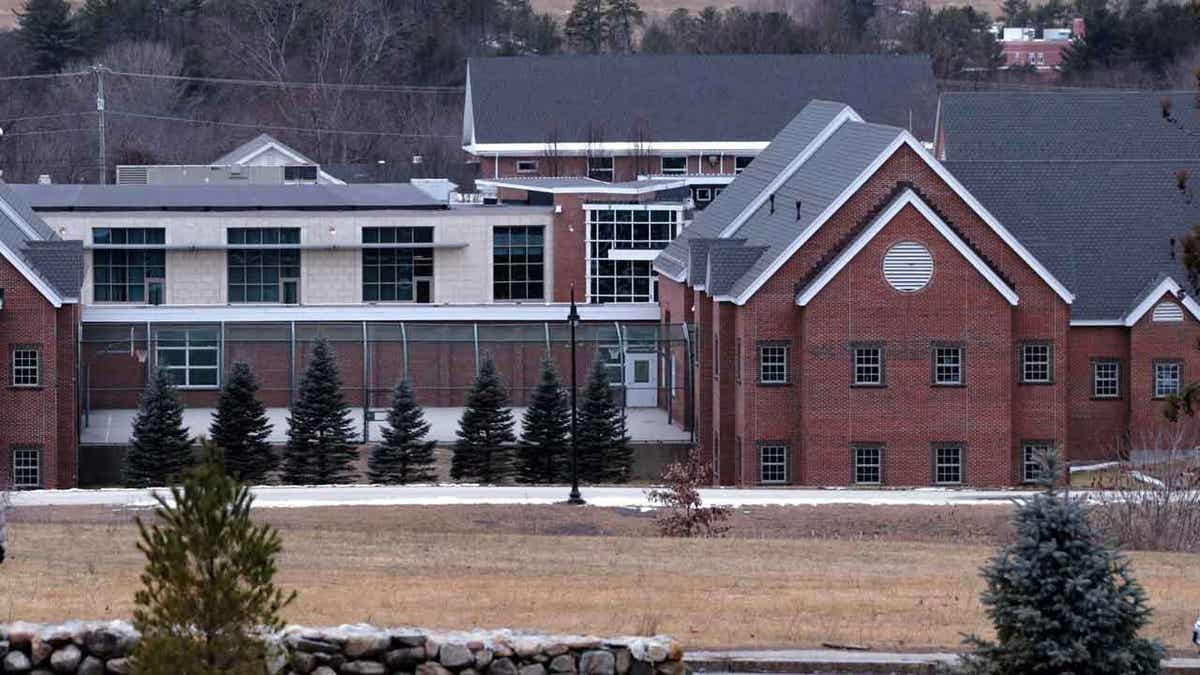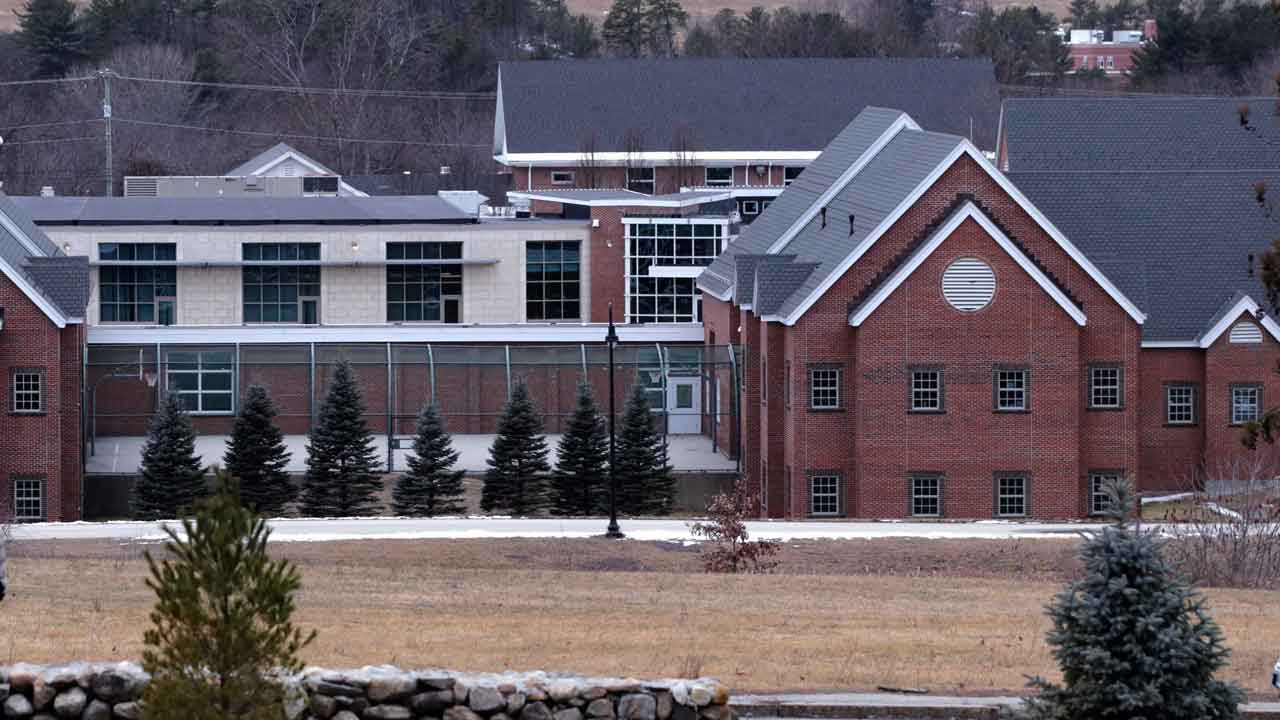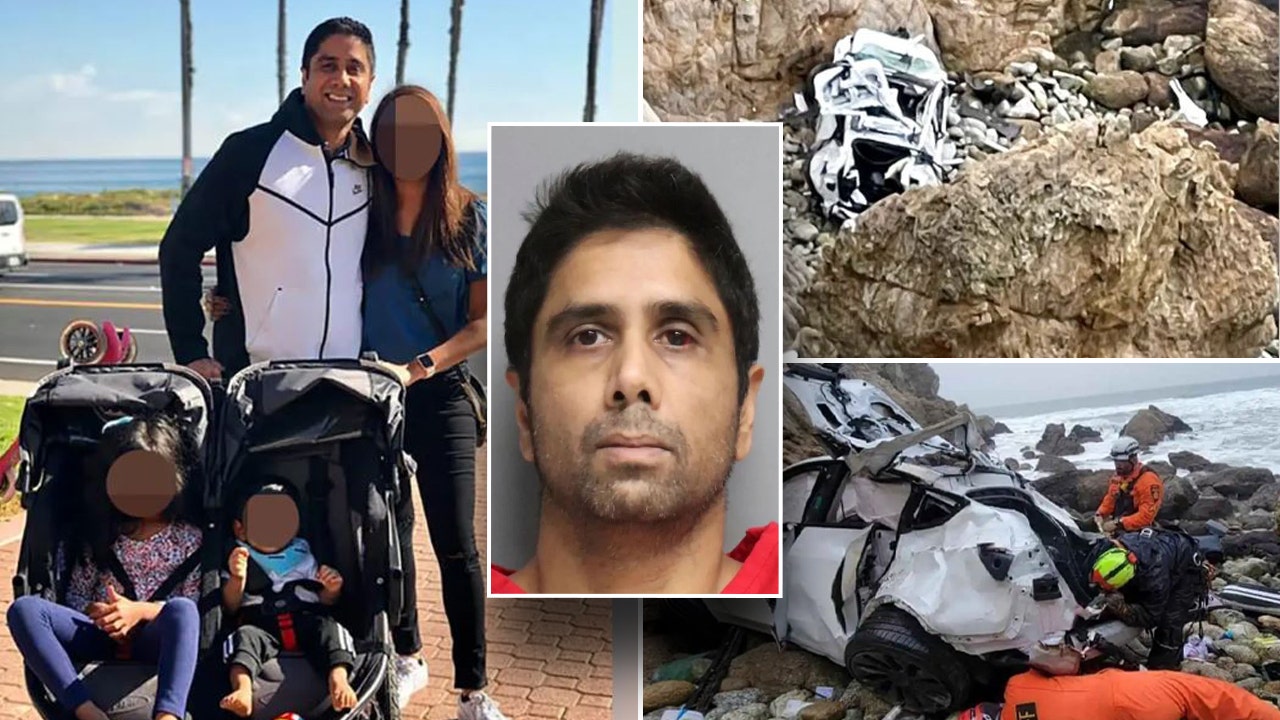A man who oversaw staff training and investigations at New Hampshire’s youth detention center testified Monday that top-level administrators sided with staff against residents, while lower-level workers wanted to punish kids for speaking up.
Virgil Bossom returned to the witness stand Monday, the fourth day of a trial seeking to hold the state accountable for child abuse at the Sununu Youth Services Center, formerly called the Youth Development Center, in Manchester. David Meehan, the plaintiff, argues the state’s negligence in hiring and training led him to be repeatedly beaten, raped and locked in solitary confinement for three years in the late 1990s, while the state argues it is not responsible for the actions of a few “rogue” employees.
Eleven former state workers — including those Meehan accuses — are facing criminal charges, and more than 1,100 other former residents have filed lawsuits alleging abuse spanning six decades. That has created an unusual dynamic in which the attorney general’s office is both prosecuting alleged perpetrators and defending the state in the civil cases.
EX-EMPLOYEE DESCRIBES SEX ABUSE, RETALIATION FOR COMPLAINTS AT NH YOUTH DETENTION FACILITY
Bossom, a training development manager and later interim ombudsman during Meehan’s time at the facility, described speaking with the facility’s superintendent about his investigation into what Bossom considered a founded complaint.
“We talked about it and he said I can not take a kid’s word over a staff’s word,” he said. “That was very upsetting.”

The Sununu Youth Services Center, in Manchester, N.H., stands among trees, Jan. 28, 2020. (AP Photo/Charles Krupa, File)
An even higher-level administrator who oversaw not just the Manchester facility but a pre-trial facility in Concord held the same view, said Bossom. Other staffers, meanwhile, took discipline action against teens if their complaints were later deemed unfounded, he said.
Lawyers for the state, however, pushed back against Bossom’s suggestion that administrators didn’t take complaints seriously. Attorney Martha Gaythwaite had Bossom review documents showing that an employee was fired for twisting a boy’s arm and pushing him against a wall.
“The management, the leadership at YDC, terminated the employment of employees who violated the rules back in the mid-1990s,” Gaythwaite said.
“On this one, they did,” Bossom acknowledged.
He also acknowledged that he never raised concerns that Meehan was being abused, nor did he draw attention to broader problems at the time.
“You told the jury you suspected there was heavy handedness going on, potential abuse going on. You could’ve gotten to the bottom of what you testified about back then,” Gaythwaite said. “If there was a culture of abuse … it was your responsibility as ombudsman, the eyes and ears of the leadership, to let leadership know about it.”
Though Bossom testified last week that he found the practice of putting teens in solitary confinement troubling, he said Monday it was appropriate in some circumstances. Gaythwaite questioned him at length about incidents involving Meehan, specifically, including one in which Meehan was accused of plotting to take another resident hostage and then escape.
Meehan’s attorney, David Vicinanzo, later said the intended “hostage” actually was in on the plan. Given that Meehan was enduring near-daily sexual assaults at the time, Vicinanzo said, “Is it surprising Mr. Meehan wanted to escape?”
“Isn’t that a normal human thing?” he asked Bossom. “Especially if you’re 15 and have no power in this situation?”
“Yes,” Bossom said.
CLICK HERE TO GET THE FOX NEWS APP
The youth center, which once housed upward of 100 children but now typically serves fewer than a dozen, is named for former Gov. John H. Sununu, father of current Gov. Chris Sununu. Since Meehan went to police in 2017, lawmakers have approved closing the facility, which now only houses those accused or convicted of the most serious violent crimes, and replacing it with a much smaller building in a new location. They also created a $100 million fund to settle abuse claims.






